
Much like Marmite, dating apps and websites are either loved or hated – which camp you fall into will inevitably depend on how successful you’ve been while using them.
As anyone single will know, today’s dating landscape is no picnic, but apps mean we can now meet more people than ever before, right from the comfort of our living rooms. However, it can also make it harder than ever to know where to begin, particularly if you’re newly single and have yet to dip your toe in the murky waters of the dating app scene.
I have been writing about dating, relationships and love for almost a decade. I explore the search for love in the digital era in my book, Millennial Love, and here, I’m taking a close look at dating apps in particular – what sets them apart, and how to choose the right one for you. This will depend on what you’re looking for – a long-term relationship, or something more casual – and who you’re interested in (some sites are far more LGBT+ friendly than others). Meanwhile, others will have a broader user base, while some will target a specific niche.
Nowadays, safety is also a major concern among users of dating apps, with many platforms incorporating new features to promote just that. On Bumble, for example, there’s specific technology to combat cyberflashing, while on Tinder, you can share the location of your date, so friends and family members know where you are.
With all that in mind, I’ve handpicked the best dating apps and sites to help you navigate the treacherous path to true love.
How I chose
When curating this list, I assessed the apps on the following criteria:
- Reach: The more people on the app, the more opportunities to find love, so I checked how big each app or site’s database was, and how many users were on each of the websites. I also considered inclusivity around sex and gender.
- User-friendliness: I assessed ease and speed of set-up and navigation around the app.
- Match making: I assessed how matches were made, and how in-depth and considered this process was. For instance, how detailed and insightful were questions and personality tests, what information could be included in your profile, and how extensive were the filters, if there were any, to search for matches?
- Features: I made a note of any extra or unique features that would improve the user experience, such as time limits on chats, and alternative ways to talk to matches, such as video calls and voice notes.
- Safety: I noted any safety measures, such as the option to video call your match before you meet them.
- Value for money: I examined how much you get for free versus a subscription.
Why you can trust us
Olivia Petter is an award-winning journalist, author and broadcaster specialising in dating, relationships and love. She hosted The Independent’s Love Lives podcast that interrogated modern dating and has written a book, Millennial Love, which is a guide to finding love in the digital era. Such experience means she is uniquely positioned to advise on the best dating apps and sites.
eHarmony
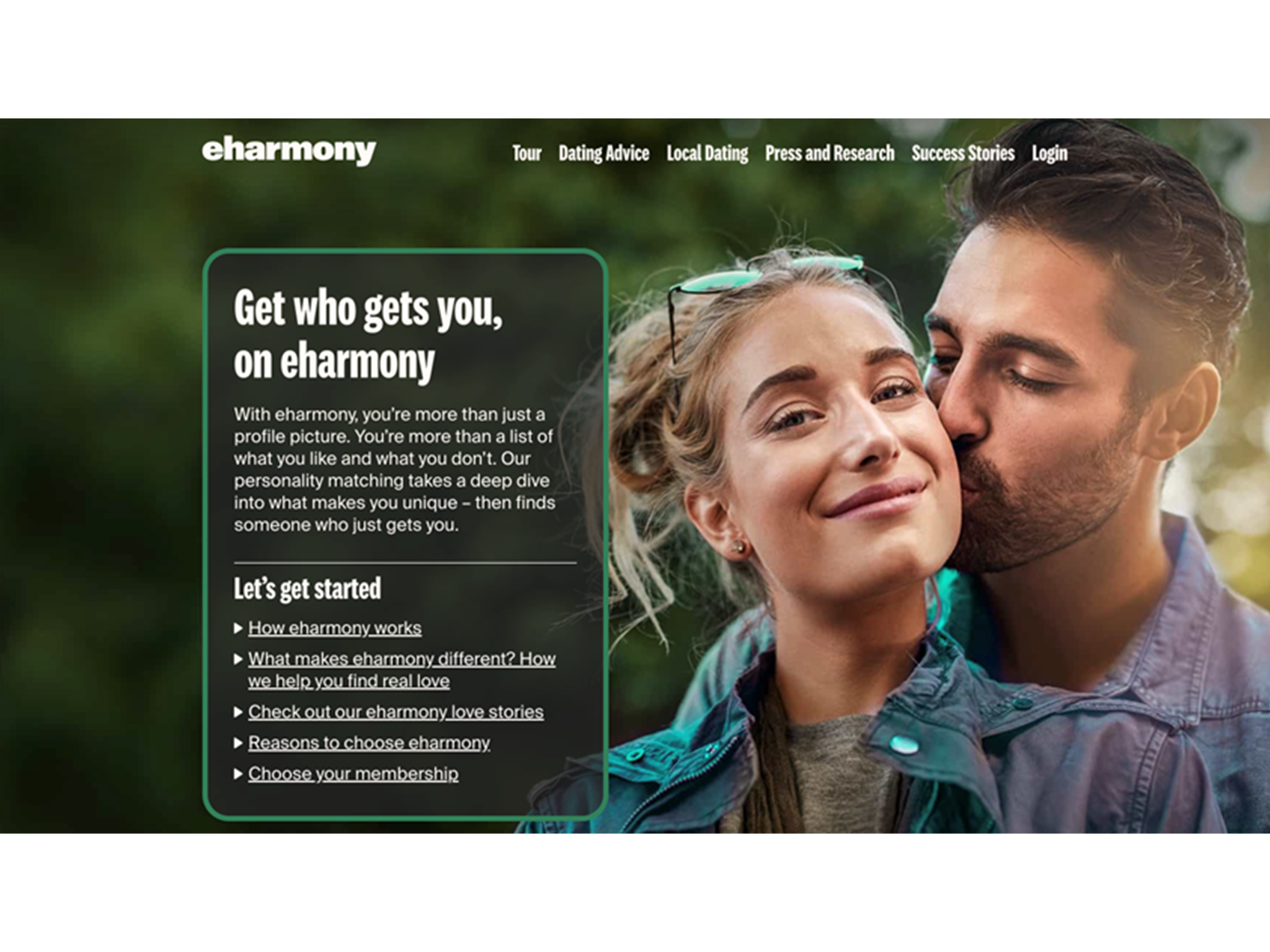
Best: Dating app for finding a life partner
Available: On the website and via the Apple App Store and Google Play
Price: Free or membership from £15.90 per month
Why we love it
- In-depth matchmaking process
Take note
- Can be time-consuming to set up your profile
With five million users in the UK, eHarmony is one of the most popular dating sites around – it claims to have helped create more than two million couples.
It’s easy to get started – when you join, you’ll be asked to complete a comprehensive personality quiz that asks about your ideal partner and what you’re looking for in a relationship. Some of the questions are tricky (for example, why are you single? And is it easy for you to trust people?) but it’s an in-depth analysis that bodes well for matchmaking.
Other questions include whether you prefer to be at home or in a large social gathering, and what people who know you would say about you. None of these are insights you’d think to put on a dating profile but could play a big part in how compatible you might be with someone. You’ll also be asked about imaginary relationship scenarios (”If your partner was flirting with someone else at a party, how would you react?”), which might seem excessive but it is probably very helpful in finding you a match. This all takes a fairly long time, though, so, prepare to put aside the best part of an hour if you’re taking it seriously.
Next, you fill out your profile, including all your basic information, as well as insights into who you are and how you like to spend your time.
The website uses all this data to share its most compatible members with you on an easy-to-use discover list. The website is simple to navigate and you can filter through users by height, age, whether they want children and if they smoke. You can also build a list of “favourite” potential matches to help you whittle down your search. However, you can’t see anyone’s photos on the website’s free version, which essentially forces you to become a paid member. The cost of the premium membership depends on how long you sign up for (six, 12 or 24 months), the cheapest package is the two-year option, which costs £15.90 a month.
Buy now £15.00, Eharmony.co.uk
Match.com
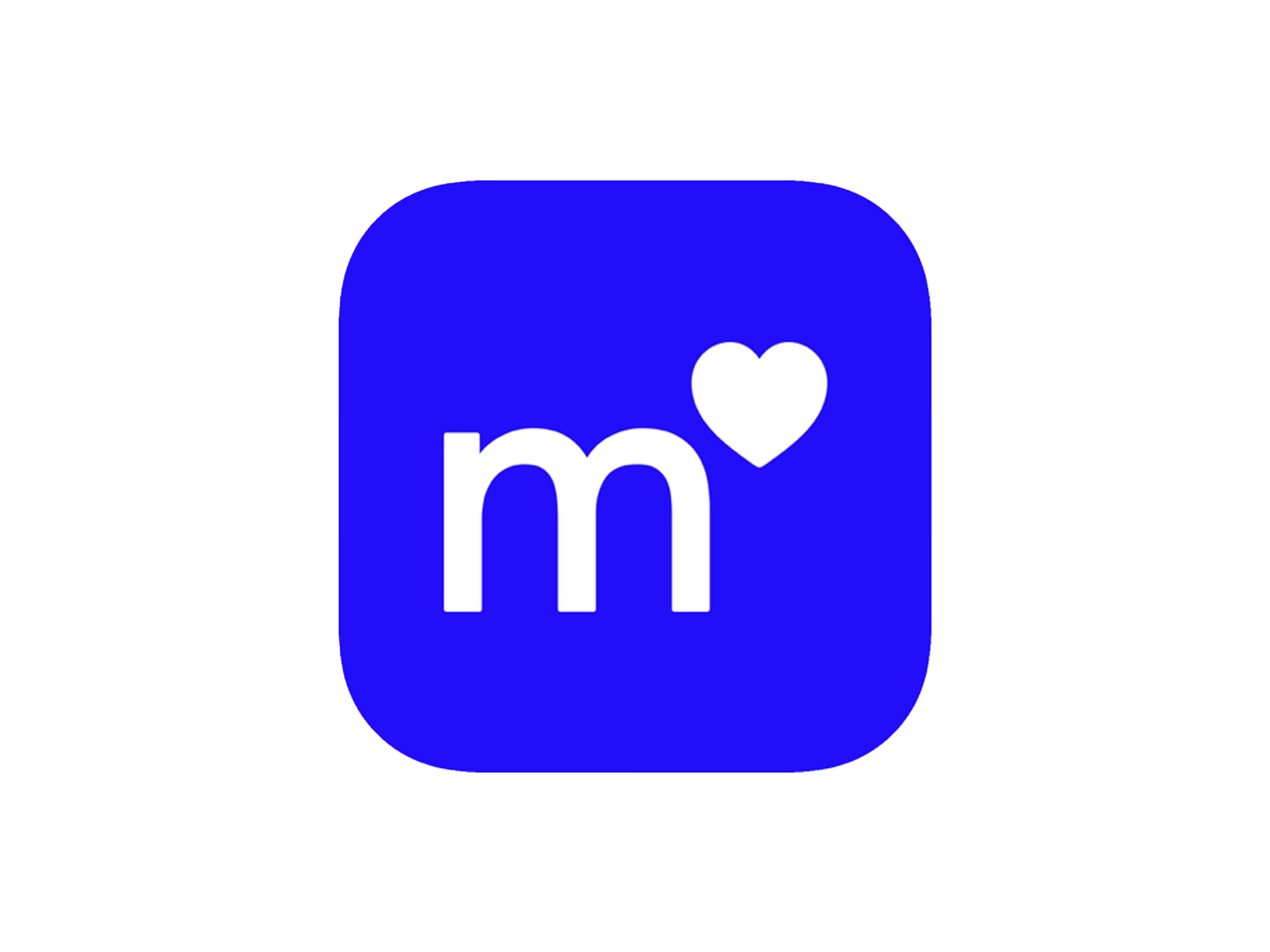
Best: Dating app for those new to online dating
Available: On the website and via the Apple App Store and Google Play
Price: Free or membership from £9.99 per month
Why we love it
- You can video call with people through the website, without having to give away your phone number
Take note
- Some of the best features (unlimited text, voice, and video chat) are reserved for paid users
Match has three million users in the UK, so there’s no shortage of potential suitors here. Setting up an account is straightforward and safety conscious – you’ll have to accept Match’s four golden rules of dating (be respectful, be genuine, stay safe, don’t compromise) before proceeding.
Next, you are guided through Match’s “essential questions” about what you want and whether or not you have children, before being asked to provide a long list of what you’re looking for in a partner, which the website uses to help guide you towards the right people.
Once your profile is set up, it’s very straightforward to browse through people’s profiles – you can choose your favourites, which will let someone know you’re interested. You can also send users a wink to signify a flirty introduction that might help break the ice. You can then either contact someone via the website’s instant messaging platform or, if you want to send a longer message (rare on modern dating services), you can send an email.
For safety, you might also want to make use of the website’s video call service, which enables you to speak to someone before giving them your number.
While you can sign up to Match for free, I did find that some of the best features (unlimited text, voice, and video chat) are reserved for paid users. Memberships start at £9.99 per month and go up to £29.99.
Buy now £9.99, Match.com
Ourtime
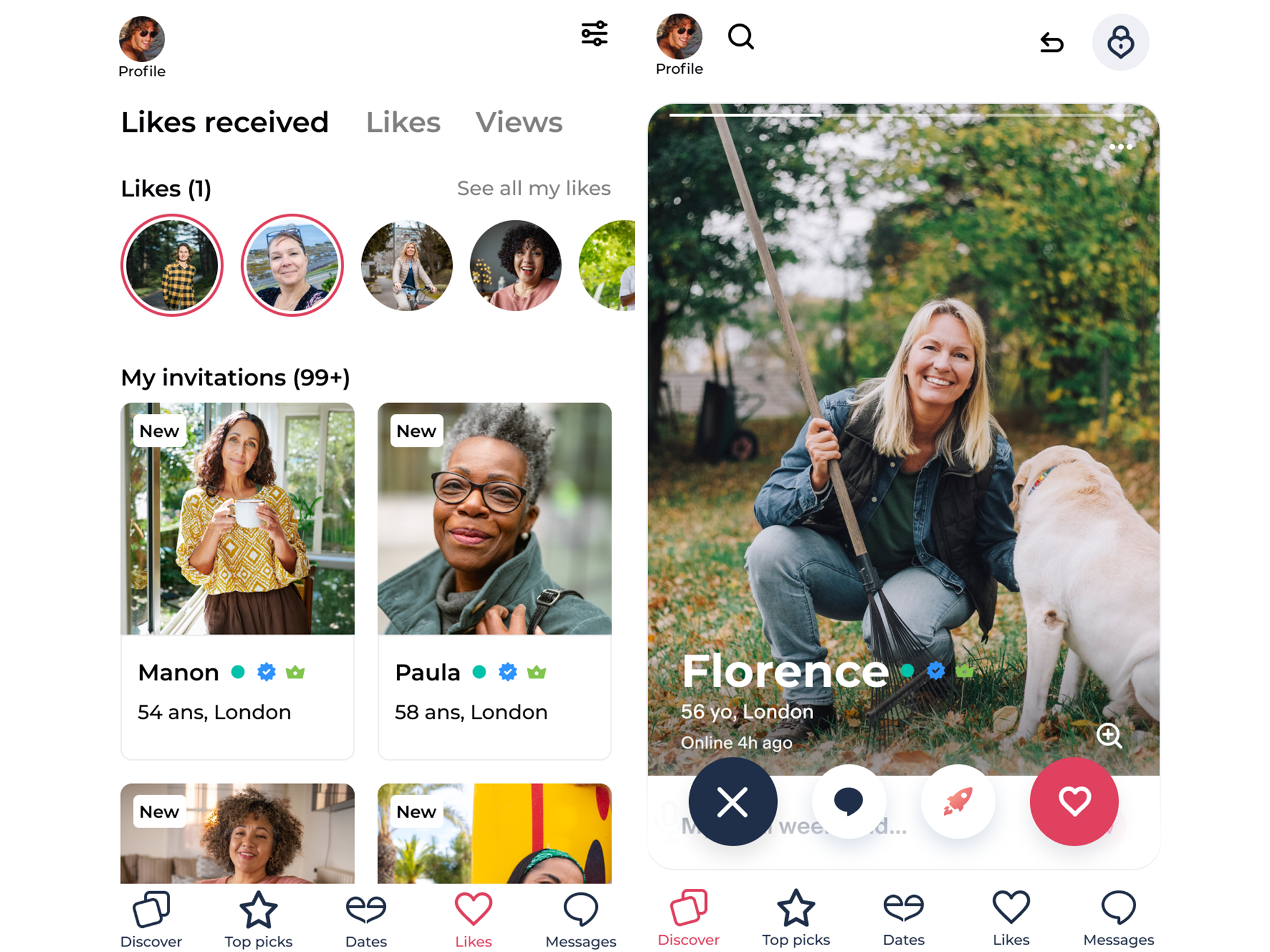
Best: Dating app for those over 50s
Available: On the website and via the Apple App Store and Google Play
Price: Free or membership from £15 per month
Why we love it
- Targeted demographic
- Events to attend
Take note
- You will be referred to as a “senior single”
Owned by The Match Group, Ourtime is geared towards “senior singles” aged 50 and above. It currently has about 150,000 active users but if you have a Match.com account as well you can link the two, bolstering your chances at finding someone.
Profiles are detailed and Ourtime uses a combination of geolocation and personalised searches with filters to offer you the best potential matches.
What makes it unique, though, is the events it puts on for members, so you can meet one another in the wild. Ourtime is also very aware that some users might be emerging from long-term relationships or divorces, meaning that this could be their first online dating experience. As a result, the interface is very simple and easy to use. You can also set up an account quite quickly (in less than 10 minutes) and the website guides you throughout the entire process. You’re presented with just one profile at a time, with the option to either ‘like’ or ‘pass’, making it very easy to navigate.
As with most of the others within this round-up, there is a free version, but the premium membership offers you more features, such as seeing who has viewed your profile. The cost varies on the length of a subscription but starts at around £15 per month.
Buy now £15.00, Ourtime.co.uk
Plenty of Fish
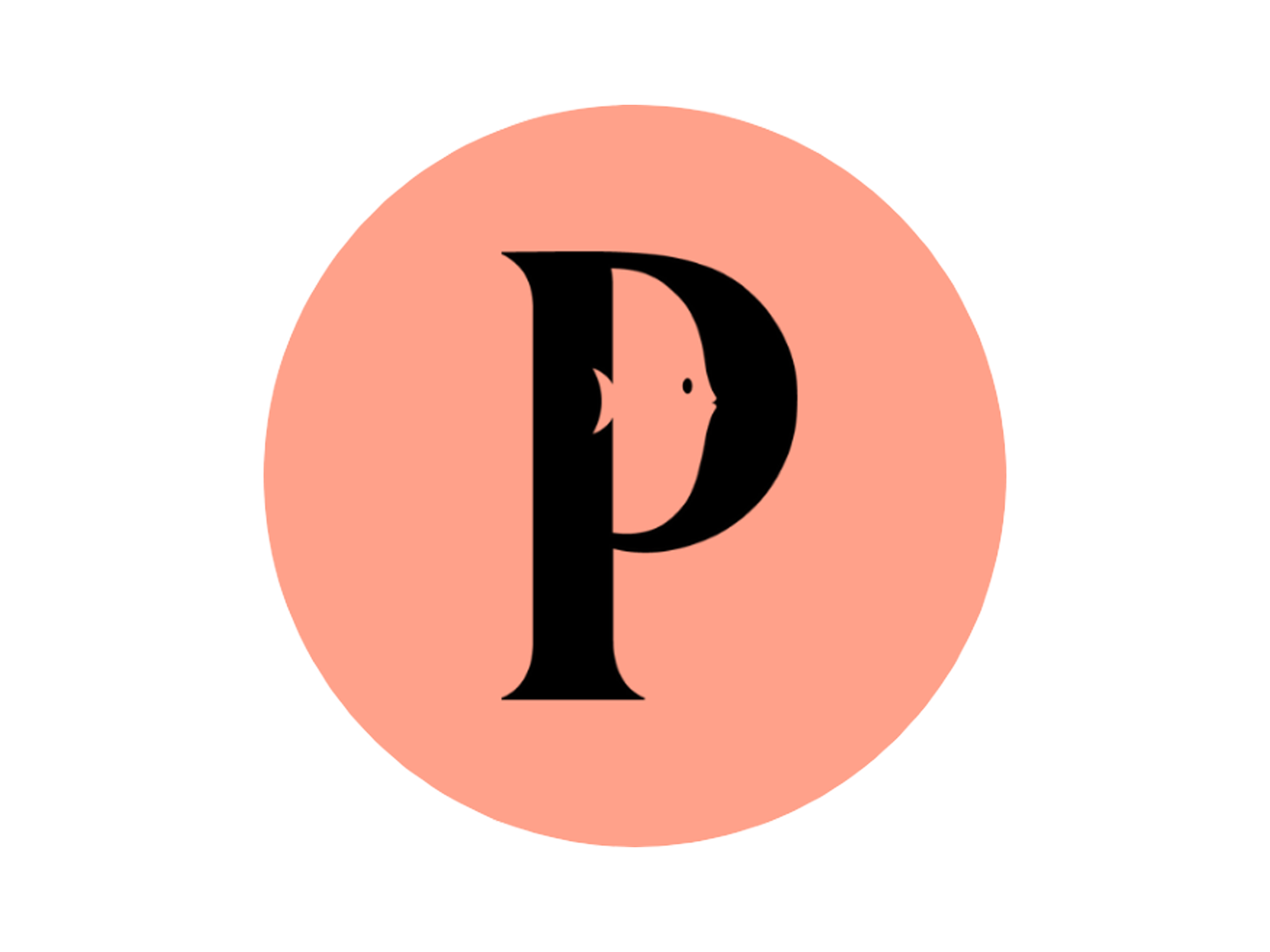
Best: Dating app for young daters
Available: On the website and via the Apple App Store and Google Play
Price: Free or membership from £9.99 per month
Why we love it
- You can get most of what you need out of the app in its free version
Take note
- Men outnumber women by roughly 20 per cent
With 150 million users around the world, Plenty of Fish has been dominating the dating market since it launched in 2003. It’s a little different to some of the other online dating services here – while matches are based on in-depth profiles and personality tests, users can also meet one another by playing various games, such as Fill in the Blank. It also has a proficient search function to help you whittle down what you’re looking for and you can restrict your first message count, so people have to say a little more than a simple “hey”.
It’s also free to message people, which means you can set up dates without having to upgrade to the paid version, with prompts helping you craft interesting messages if you’re struggling. You are limited to messaging 55 new people every 24 hours, but that’s a generous allowance most users are unlikely to hit.
The interface is very basic and puts messaging front and centre – Plenty of Fish will let you know which users are more likely to respond to you, based on their activity levels. For whatever reason, there are more men here than women, so your odds might not be as good if you’re a straight single man.
Buy now £9.99, Pof.com
EliteSingles
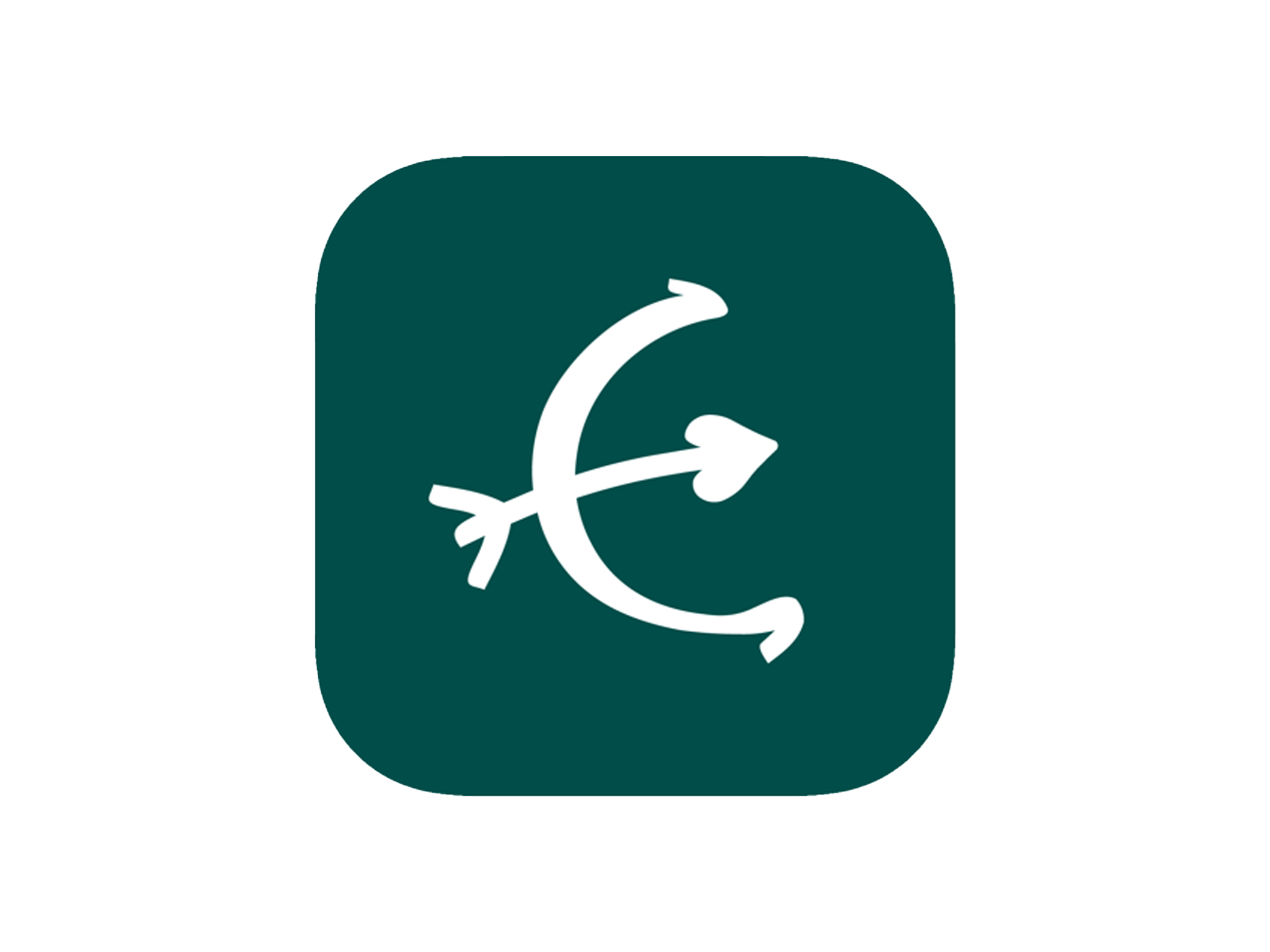
Best: Dating app for personalised matches
Available: On the website and via the Apple App Store and Google Play
Price: Free or membership from £44.95 per month
Why we love it
- The ‘have you met’ feature encourages users to broaden their horizons with ‘wildcard matches’
Take note
- No video chat options
Don’t let the name put you off, there’s nothing snooty or exclusive about EliteSingles. With 170,000 users, how could there be? The site uses comprehensive personality tests based on the ‘big five’ model, quizzing you on everything from your outlook on life and your ambitions to your social life and your ideal family plans.
Taking into account your background, location and dating preferences, and based on who the algorithm thinks is best suited to you, you’re served between three and seven ‘top picks’ each day, which helps combat the overwhelming choice presented by most dating services. You’ll also find a compatibility score attached to each potential match.
Strangely, there is no video chat option, which puts EliteSingles at a disadvantage, compared with other dating sites. While the name may suggest you need a certain education level or salary to find love here, that’s not the case – it’s simply a branding tool, with no minimum requirements to join.
The interface is comprehensive but straightforward, enabling you to favourite individual profiles while also later looking through pictures you’ve liked in a separate gallery feature.
Buy now £44.95, Elitesingles.com
Tinder

Best: Dating app for casual dating
Available: Via the Apple App Store and Google Play
Price: Free or membership from £29.99 per month
Why we love it
- You can easily search for what you’re looking for, whether it’s a one-night fling, or a long-term relationship
Take note
- There are too many graphics that make the experience feel a little like playing a game
It’s one of the best-known dating apps in the game, and for good reason. Launched in 2012, Tinder has come a long way since it changed the way we date forever. As one of the first major dating apps, it pioneered the swiping feature that many apps now use, allowing users to say yes or no to potential matches with a quick swipe of their thumb. Back then, profiles pretty much consisted of just a few photos alongside someone’s name and age. Now, Tinder is entirely different, having undergone several rebrandings.
The swiping tactic still exists and it has become far more inclusive, giving users multiple options of genders and sexualities to choose from. In 2022, Tinder claimed one in five of its matches were among LGBT+ users. It also offers photo verification, giving users the opportunity to verify their identity to one another and confirm they are who they say they are. Another feature also allows users to share the location of their dates with friends and family.
On your profile, you can state your relationship goals in addition to your interests, making the app particularly friendly to those looking for casual flings but also those looking for something more long-term. Tinder also offers a ‘vibes’ feature that gives users the chance to answer a personality quiz, the results of which can then be shown to other users with the feature enabled on your profile.
You don’t need to sign up for the paid features to get the best out of Tinder but, if you do, you can enable a wide range of other features that will help you on your dating journey. For example, there are ‘super likes’ (where you can like someone and your profile will be prioritised on that person’s feed) and ‘passport’, which enables you to see matches around the world. You can also boost your profile, so it comes up on more people’s feeds, as well as enabling read receipts and seeing which users have liked you. The upgraded features start at £29.99 for a month.
Buy now £30.00, Tinder.com
Hinge

Best: Dating app for relationships
Available: Via the Apple App Store and Google Play
Price: Free or membership from £14.99 per week
Why we love it
- The algorithm works out your type quickly and serves you people it thinks you’ll be attracted to
Take note
- The best features, including extensive search filters, are only available for paid users
A major competitor to Tinder, Hinge has long been marketed as “the app designed to be deleted”, ie, the one that will actually help you find a lasting relationship. As with all apps, though, its success will depend on how you use it. Hinge is free to use and offers users the unique ‘prompt’ feature on their profiles, which enables you to answer three questions ranging from your childhood crush to your most irrational fear.
You can also add your political views, whether or not you drink, if you want children and what kind of relationship you’re looking for. You can also verify your identity and link your Instagram account to your profile.
Another unique feature is being able to message people you’ve liked – you can write a small response to them and attach it to a particular prompt or photo on their profile, making it easier to start conversations.
While you can get a lot out of Hinge by using its free features, paid-for users can benefit from being seen by more users at once, by upgrading to Hinge+ from £14.99 per week (averaging at £65 per month), while HingeX (from £24.99/week) gives you the chance to send unlimited likes.
Buy now £65.00, Hinge.co
Bumble
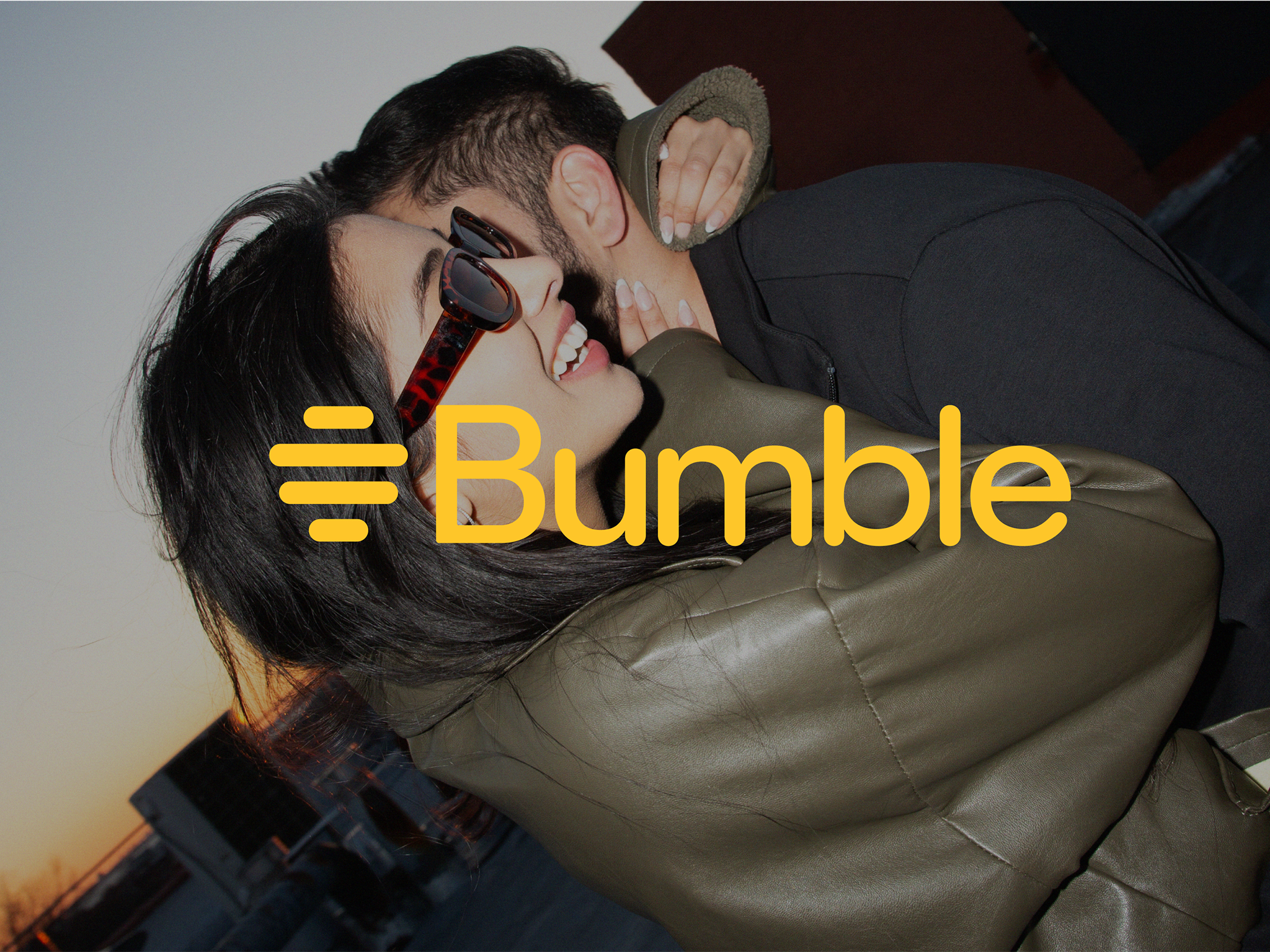
Best: Dating app for safety
Available: Via the Apple App Store and Google Play
Price: Free or membership from £14.99 per month
Why we love it
- Extensive safety measures in place, such as the Bloom programme, which provides free trauma support for survivors of sexual assault and relationship abuse
Take note
- Matches expire if you don’t chat to them within 24 hours, which means you need to be fast
The original feminist app that enables women to “make the first move”, Bumble has evolved a lot since its early days. It burst onto the scene thanks to ex-Tinder co-founder Whitney Wolfe Heard, who famously launched the app after resigning from Tinder, where she eventually filed a lawsuit for sexual harassment. With Bumble, the plan was to give women control over their dating lives – in the first versions of the app, only women could message first when they matched with a man. If they didn’t within 24 hours, the match would expire.
Today, the platform is a little different. In heterosexual partnerships, it’s still women who have to make the first move, though the app has since extended its services and made it more inclusive for LGBT+ users, with both users in same-sex matches encouraged to message first. A new feature also enables female users to add questions to their profiles that male users can choose to respond to, meaning they don’t necessarily have to message first.
The profiles aren’t quite as detailed as some of the other apps – it’s quite picture-led on Bumble – so it’s not necessarily the best for long-term relationships, and you need to be quick, given the 24-hour expiration limit.
The best thing about Bumble, though, is its safety features. Not only can users make video calls with matches, giving you the chance to verify who they are and how they’re coming across before you meet them, but it also has a detector that will automatically blur out any explicit photos sent by matches. Additionally, there are specific bans on guns, hate speech, fetishisation and sexual harassment on the app that make it far more pleasant and safe to use. For £14.99 per month, you can upgrade to Bumble’s paid subscription, which enables you to see which users have already liked you.
Buy now £14.99, Bumble.com
Raya
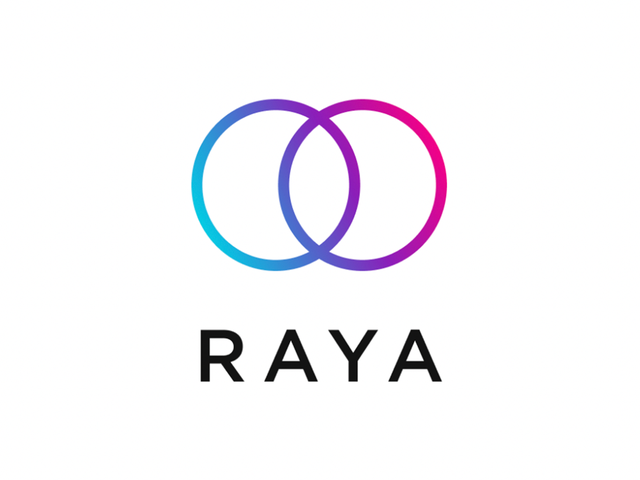
Best: Dating app for exclusivity
Available: Via the Apple App Store
Price: Membership from £19.99 per month
Why we love it
- Celebrity favourite
Take note
- You have to know someone on the app to join, and even that doesn’t guarantee membership
The Soho House of dating apps, Raya is notoriously secretive about its application process – yes, you have to apply to get onto the app. Generally speaking, if you know someone who is on it, they can recommend you and then you’re on. Operating on a subscription basis, members can either purchase a one-, six- or 12-month membership that gives them access to Raya’s extensive celebrity and social media influencer-heavy roster of users – Paul Mescal is rumoured to have been a member at one stage.
There are a lot of athletes, entrepreneurs and CEOs on the app, making it a worthwhile networking tool as much as it is a dating one. The profiles are more appearance-heavy than others with limited options to add details (such as values, beliefs and interests) about who someone is. It’s also very hot on identification – users are carefully vetted to ensure no one can use a fake photo. Plus, matches expire in 10 days, which can give you enough time to consider whether or not you want to speak to someone while also putting a tiny bit of pressure on it to motivate you to do so.
Of course, this app is also brilliant for those looking for a bit more privacy around their dating experience; users who publicly mention Raya or post about it on social media risk getting banned.
Buy now £20.00, Rayatheapp.com
Feeld

Best: Dating app for hookups
Available: Via the Apple App Store and Google Play
Price: Free or membership from £17.99 per month
Why we love it
- Sexually very inclusive, giving users space to list specific kinks
Take note
- Not everyone uses their name or shows their face in their profile
You’ve probably heard of Feeld. Some may refer to it as the threesome app (it originally started as a dating app for people looking for threeways), while others just call it the sex app. In fact, it is neither, and recently underwent a major rebranding to widen its appeal to those looking for relationships. Historically, though, Feeld, which was launched in 2014, is known as the platform people go to when they want to find someone for the night rather than for the rest of their lives.
It’s photo-heavy, offering details only to those who swipe up to look. What’s unique about it is that, unlike other apps, identity is not prioritised here. In fact, it’s almost actively discouraged – with some users not including photos of their faces in their profiles and going by initials rather than names, or vowing to only share photos of what they look like with matches. Anonymity thrives on this app, where people prioritise their sexual kinks above all else. There’s an entire section dedicated to just that – and the selection is vast, ranging from types of threesomes to specific forms of BDSM. You’ll find couples on here, too, which isn’t often the case with other apps.
From £17.99 per month, users can unlock Feeld’s Majestic membership option, which means they can send unlimited likes and see which users have liked them. However, you can still get a lot out of this app by using its free features.
Buy now £17.00, Feeld.co
Her

Best: LGBT+ dating app
Available: Via the Apple App Store and Google Play
Price: Free or membership from £13.99 per month
Why we love it
- Dedicated space for queer women, lesbian, bi, nonbinary, trans, and gender nonconforming people
Take note
- App can be quite glitchy
Her is the go-to app for LGBT+ women and nonbinary people. Having been launched by Robyn Exton in 2013 out of frustration surrounding the lack of safe queer online dating spaces, Her now has more than 13 million users and is used in more than 125 different countries. It’s a very inclusive platform that offers unique social communities via chat rooms dedicated to specific topics, which range from astrology to tarot. This also enables users the chance to connect with one another on more platonic levels or to start building friendships with the view of developing them into something more romantic.
There are endless labels for people to use to describe their gender and sexuality but users can also include their views on drinking, politics, and whether or not they want children. You can also add pins to your profile, to declare which subjects you’re interested in discussing.
Unlike other dating apps, Her doesn’t allow you to swipe right on someone without scrolling all the way through their profile – it’s only when you get to the bottom, after reading the rest of their information, that you get the option to say yes or no to someone, hopefully encouraging more considered decisions.
For paid users (subscriptions start at £13.99 per month), the app also comes with a discover page, which means you can see everyone who’s liked you. If you go for the most expensive membership, you can turn on read receipts and see which users are nearby.
Buy now £14.00, Weareher.com
Pure

Best: Dating app for sex positivity
Available: Via the Apple App Store and Google Play
Price: Free for three days, then £24.99 per month
Why we love it
- Screenshot notifications to protect users’ privacy
Take note
- Not suitable if you’re looking for a long-term relationship
Similar to Feeld, Pure offers users the chance to browse anonymously, requiring you to share only your gender and sexual orientation. Launched in 2013 by Ukrainian entrepreneurs Roman Sidorenko and Alexander Kukhtenko, it puts pleasure front and centre, allowing you to put your ‘turn-ons’ on your profile, which will help the algorithm match you up with users who share your specific sexual needs. You can also put your dating goals in there, too, if you’re looking for something more serious.
Time is of the essence with Pure – after 24 hours, chats expire alongside anything you’ve shared and written. To get past this, you need to agree with your match to turn off the timer – a feature that leads to stronger connections and bypasses so much of the baseless chatter that people engage in on other apps, often ghosting one another.
You can also send photos and videos on Pure – but the app will blur out any explicit content (unless you ask it not to). Video calls are enabled, too, so you can verify someone’s identity before meeting up with them. A unique feature is ‘devil’s bones’, which enables you to ‘roll the dice’ and Pure will match you with someone based purely on your sexual preferences. That person might live in another country but they will speak the same language as you – then you enter into an audio conversation with them. If you want, you can switch to video.
There are many other unique features that make Pure worth downloading, particularly if you’re tired of more mainstream apps. You can try it out for three days for free before having to subscribe, with monthly subscriptions starting at £24.99.
Buy now £24.99, Pure.app
Which is the best dating app?
If you’re looking to find a life partner, eHarmony is one of the most popular dating sites for good reason. However, it’s not the only option, and there is a dating app or site for everyone. Her is a great LGBT+-friendly app. For exclusivity, Raya is the app to try. But all of these should serve you well, depending on what you’re looking for.







